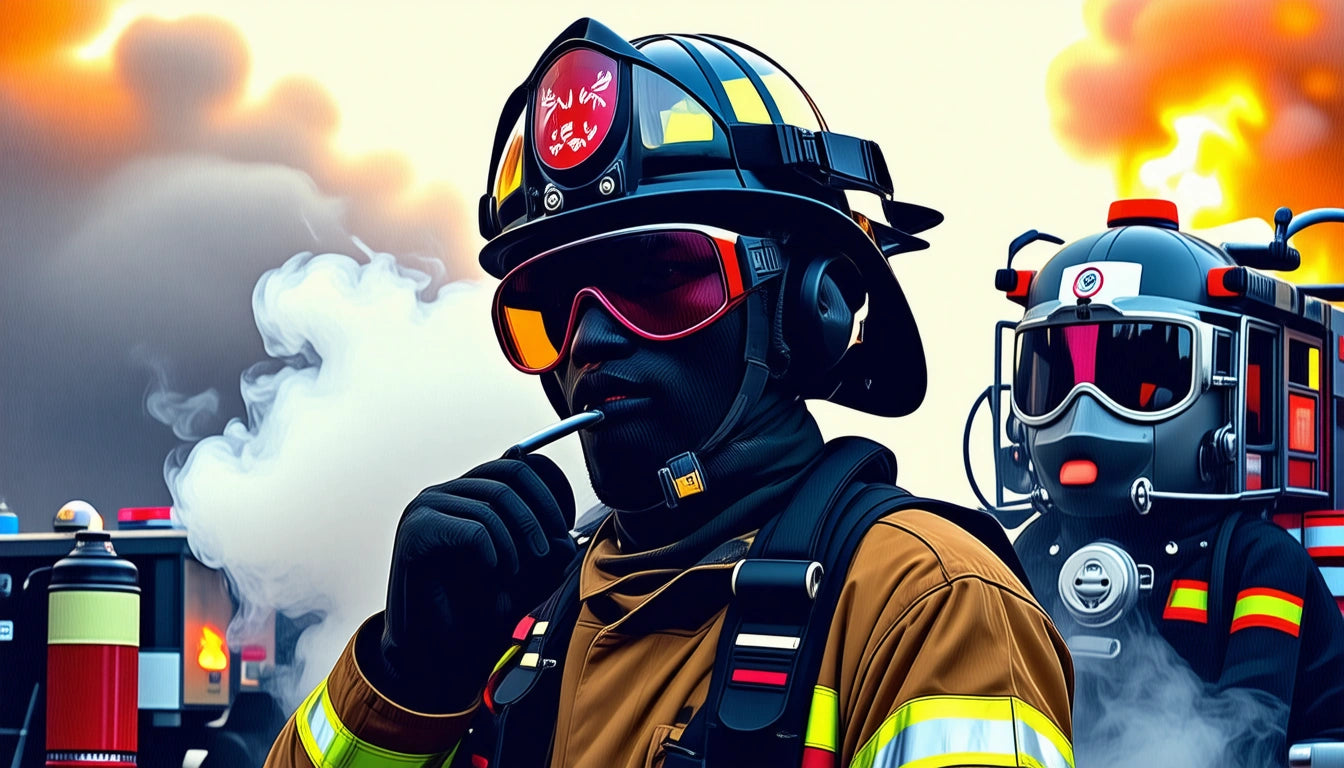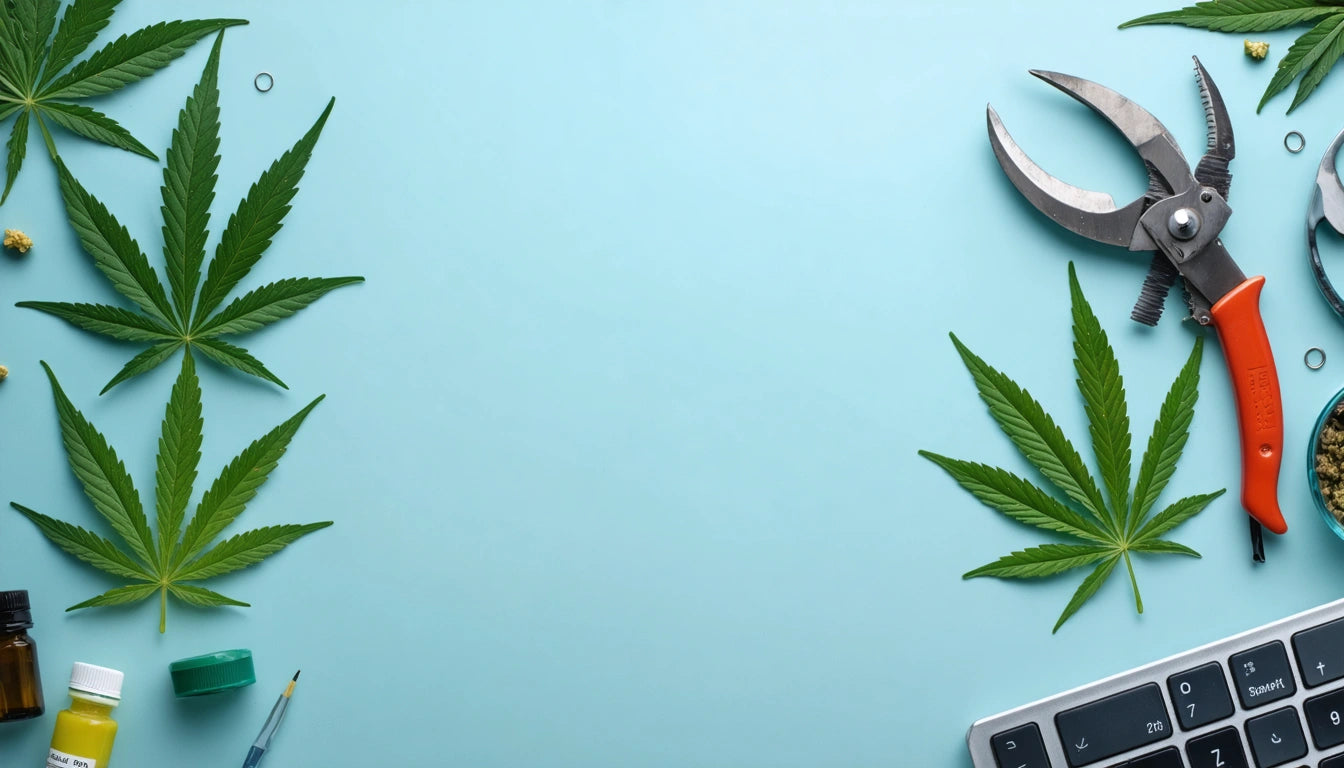Table of Contents
- Federal vs. State Cannabis Laws: Understanding the Conflict
- Firefighters and Cannabis: Department Policies and Testing
- Military Cannabis Restrictions: Army, Navy, and Beyond
- Aviation Industry Cannabis Regulations: Pilots and Flight Attendants
- Cannabis and Airport Security: What You Need to Know
- Drug Testing Methods and Detection Windows
- Future Policy Considerations for Cannabis in Safety-Sensitive Professions
Can You Smoke Weed in High-Responsibility Professions?
As cannabis legalization expands across states, professionals in high-responsibility roles face a complex landscape of policies regarding marijuana use. Despite changing public attitudes and state laws, many safety-sensitive professions maintain strict prohibitions against cannabis consumption, even off-duty. This creates significant confusion for workers navigating the gap between state legalization and workplace restrictions.
Federal vs. State Cannabis Laws: Understanding the Conflict
The fundamental tension for professionals considering cannabis use stems from the conflict between federal and state laws. While many states have legalized recreational or medical marijuana, cannabis remains a Schedule I controlled substance at the federal level. This classification creates particular challenges for professions governed by federal regulations or safety standards.
Federal agencies and regulated industries typically follow federal law regardless of state cannabis policies. As explored in this analysis of law enforcement cannabis policies, even in legal states, many professionals face zero-tolerance policies due to federal restrictions.
Firefighters and Cannabis: Department Policies and Testing
Can you smoke weed and be a firefighter? Generally, no. Most fire departments prohibit cannabis use due to safety concerns and federal regulations. Firefighters operate in life-or-death situations requiring peak physical and mental performance. Additionally, many departments receive federal funding, requiring compliance with federal drug-free workplace policies.
Department policies typically include:
- Pre-employment drug screening
- Random drug testing throughout employment
- Post-incident testing following accidents or injuries
- Zero-tolerance policies regardless of state legalization
Some departments have begun reconsidering policies for off-duty medical marijuana use, but these exceptions remain rare and typically require extensive documentation and approval processes.
Military Cannabis Restrictions: Army, Navy, and Beyond
Can you smoke weed in the military, army, or navy? The answer is definitively no. All branches of the U.S. military strictly prohibit marijuana use, regardless of state laws or medical authorization. Military personnel are subject to the Uniform Code of Military Justice and Department of Defense regulations, which maintain zero tolerance for cannabis.
Military cannabis restrictions include:
- Regular, random urinalysis testing
- Prohibition of CBD products due to THC contamination risks
- Potential dishonorable discharge for positive test results
- Restrictions that apply even during leave periods
These policies remain unchanged despite state-level legalization, as military operations must maintain consistent standards across jurisdictions and international boundaries.
Aviation Industry Cannabis Regulations: Pilots and Flight Attendants
Can pilots smoke weed? Can flight attendants smoke weed? The Federal Aviation Administration (FAA) maintains strict prohibitions against cannabis use for all safety-sensitive aviation positions. The FAA follows Department of Transportation guidelines, which explicitly prohibit marijuana use regardless of state laws.
For pilots, cannabis use can result in immediate certificate revocation. The FAA requires pilots to report any drug conviction, including state-legal marijuana use, within 60 days. Flight attendants face similar restrictions, as they are responsible for passenger safety during emergencies.
Aviation professionals should understand that cannabis remains prohibited during air travel, creating additional risks for industry employees who might consider use during layovers in legal states.
Cannabis and Airport Security: What You Need to Know
Can you smoke after going through airport security? While technically possible in some airports with designated smoking areas, consuming cannabis after security but before boarding remains illegal under federal law. Airports are governed by federal regulations, making cannabis possession and use illegal regardless of the airport's location in a legal state.
Some airports in legal states have implemented amnesty boxes where travelers can dispose of cannabis products before security. However, attempting to bring cannabis through security can result in confiscation, fines, or arrest depending on the quantity and jurisdiction.
The transportation of cannabis products also raises safety concerns. Similar to how child-resistant packaging is required for potentially harmful substances to prevent accidental ingestion, proper cannabis containment during travel is essential to maintain safety standards.
Drug Testing Methods and Detection Windows
Professionals in high-responsibility roles should understand the various testing methods used and how long cannabis can be detected:
- Urine tests: Most common, can detect THC metabolites for 3-30 days depending on usage patterns
- Blood tests: Typically used post-accident, detect active THC for 1-2 days
- Hair tests: Can detect cannabis use for up to 90 days
- Saliva tests: Detect recent use, typically within 24-72 hours
Detection windows vary based on frequency of use, metabolism, body fat percentage, and test sensitivity. For infrequent users, THC may clear the system within days, while regular users may test positive for weeks after cessation.
Future Policy Considerations for Cannabis in Safety-Sensitive Professions
As cannabis research advances and testing technology improves, policies for high-responsibility professions may evolve. Several developments could influence future regulations:
- Development of impairment testing rather than presence testing
- Recognition of CBD use separate from THC consumption
- Potential federal rescheduling of cannabis
- Accommodation policies for medical marijuana patients
For now, professionals in safety-sensitive roles should carefully consider career implications before using cannabis, even in legal states. The gap between state and federal law creates significant professional risks that will likely persist until federal policy changes occur.
While some professions may see policy shifts as legal frameworks evolve, high-responsibility roles with direct safety implications will likely maintain restrictions for the foreseeable future.











Leave a comment
All comments are moderated before being published.
This site is protected by hCaptcha and the hCaptcha Privacy Policy and Terms of Service apply.